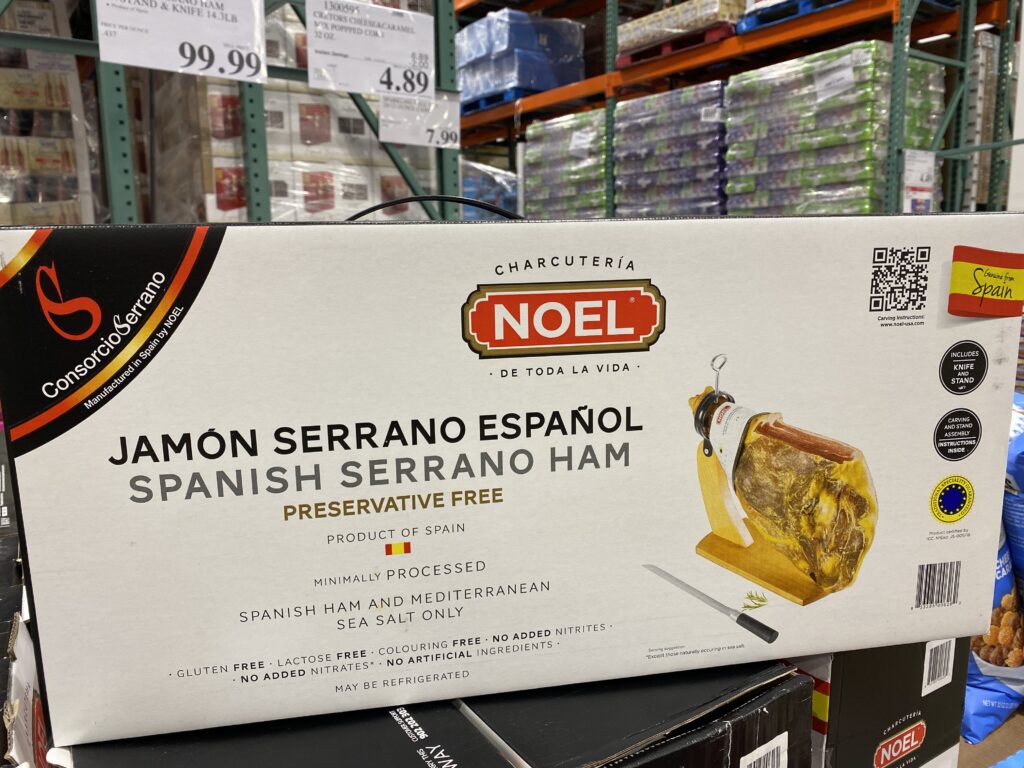Shopping in a highly bifurcated consumer market is an unpleasant experience. No more so than over the great shopping holiday that has become Cyber Season.
Regular consumers feel gaslight enough as it is by smart pricing strategies and persistent inflation. Their trust that they can make a better purchase is at a low. Their Black Friday looks very different than it did during the ZIRP years.
But many brands are battling it out for the ten percent of consumers that do 48% of the spending. And that is a brutal business. I can’t spend time on image or video social networks for fear of triggering some kind of shopping allergy. Being in that group of consumers makes you a target.
And very few of them are battling on the merits of their products. I went brand by brand through my usual suspects of Black Friday brands and found better deals and less to like.
I bought cashmere and skincare and I still don’t know if I got scammed on the cashmere. Ironic as I’m buying seconds of items I already own hoping the sourcing didn’t change in the intervening seasons.
I genuinely miss the Ann Taylor of 2010 when I worked there. You wouldn’t think it would be a glory year for the brand but there was hope. It was still publicly traded American brand. And it had a real estate portfolio of stores to envy from Madison Avenue to the Magnificent Mile.
Imagine an American brand like that now. It had strong supply chains, good relationships with vendors and it had just hired a hot new young executive with a hot new designer.
This was when you could imagine an MBA reinventing a brand’s look for a new generation of working women. Millennial feminism was on its way up, a blonde Gen X feminist beauty from Harvard led the charge and everyone believed. Heck maybe we’d even see a female president who wore our pants suits.
And we know how that broader cultural story turned out. We made pant suits cool for a brief moment in time and private equity ate the brand and now it’s shit. But I know we did good work and I’m glad our MBA leader landed on her feet at Amazon.
I just look at where I shop now and I look at Ann Taylor and the prices are roughly the same but it’s not the same cashmere sweater for that $200 absolutely anywhere. And if you want that sweater be prepared to spend over a grand.
So while I did a little shopping I think maybe I’ll get lucky. Maybe I’ll get a good batch. But it’s not always a sure thing. I got my replacement retinols. And I finally found my old Mansur Gavriel tote (going on year 12 or so) for roughly the same price as I bought it.
I’ll use my beat up on still but I thought hey maybe they still make good bags. But I don’t know if their private equity guys are any good. Fingers crossed as it’s a great tote.
